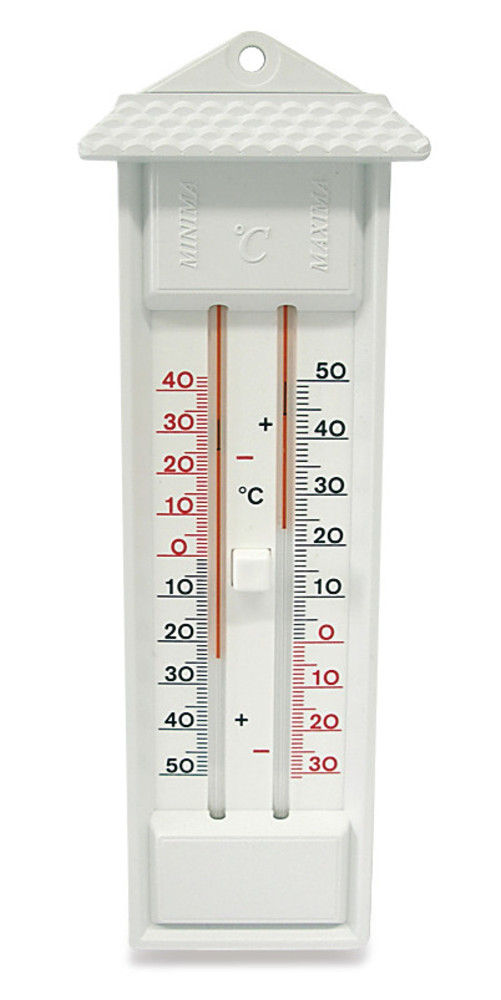HEAT

Heat
is a form of energy which gives the sensation of warmth. The sum total kinetic
energy of all the vibrating molecules of a matter is heat energy. Temperature
–The degree of hotness or coldness of a body is called temperature.
The
differences between heat and temperature are as follows:
|
Heat |
Temperature |
|
The sum total kinetic energy of all the vibrating
molecules of a matter is heat energy. |
The degree of hotness or coldness of a body is
called temperature. |
|
Heat is measured by using calorie meter. |
Temperature is measured by using thermometer. |
The differences between clinical and simple thermometer are as follows:
|
Clinical thermometer |
Lab thermometer |
|
The thermometer used to measure the human body
temperature is called clinical thermometer. |
The thermometer which is used to measure the
temperature of different chemicals, solvents and reagents is called
laboratory thermometer. |
|
The stem is graduated from 350C to 420C. |
The stem is graduated from -100C to 1100C. |
|
It has construction in its stem. |
It doesn't have construction in its stem. |
|
It is prismatic in shape. |
It is round and cylindrical in shape. |
Thermometer:
An
instrument or device which is used for measuring temperature of a body is
called thermometer.
Types of thermometers:
Clinical thermometer:
The thermometer used to measure human body is called clinical thermometer.

Maximum minimum
thermometer:
This is used to measure the maximum and minimum temperature.

Role of index in
minimum and maximum thermometer:
The
role of index in minimum and maximum thermometer is to enable to record the
maximum day temperature to be read on the scale when the temperature rises during
day time. And when the temperature falls at night, index gives the minimum
temperature.
Laboratory
thermometer:
A laboratory thermometer is a tool used in laboratories to measure temperature with a high level of accuracy. It can be partially or fully immersed in the substance being measured. A laboratory thermometer is recognizable by its long stem with a silver bulb at the end.

Mercury and alcohol:
The
advantages of using Mercury instead of alcohol are as follows:
Mercury
is good conductor of heat but alcohol is bad conductor of heat.
It
expands and contracts in a uniform rate but alcohol's expansion rate is not
uniform.
It
is opaque, bright, and silvery in colour which makes it easy to find the level
in very fine capillary tube but alcohol is colorless so, it should be colored
before use.
Alcohol
wets the wall of capillary tube. Hence, the rise or fall of alcohol in the
capillary tube is not clean and smooth.
The function of mercury in the maximum and minimum thermometer is to enable the steel index to indicate the minimum temperature at night and the function of alcohol in minimum and maximum thermometer is to enable the steel index to indicate the maximum day temperature.
The importance of the heat
·
The
heat is very important in our daily life in warming the house, cooking, heating
the water and drying the washed clothes.
·
The
heat has many usages in the industry as making and processing the food and manufacture
of the glass, the paper, the textile, ………etc.
·
The steam has a high specific heat (more than the
water), It is used to carry a lot of heat energy at high pressures
to run the rail engines or the rotors in AC
generators.
·
The water in the swimming pool
remains cool even in summer and the people enjoy a lot staying inside the pool
because the water has high specific heat.
·
We use the heat in
cooking, We use the utensils for making tea or coffee, or cooking vegetables or
rice.
·
The heat is
used as a simple yet effective way to manage the pain and the joint or muscular
stiffness, The deep and penetrating heat does not only relieve the pain but
also it enhances the recovery process.






0 Comments
Thank you for your feedback.